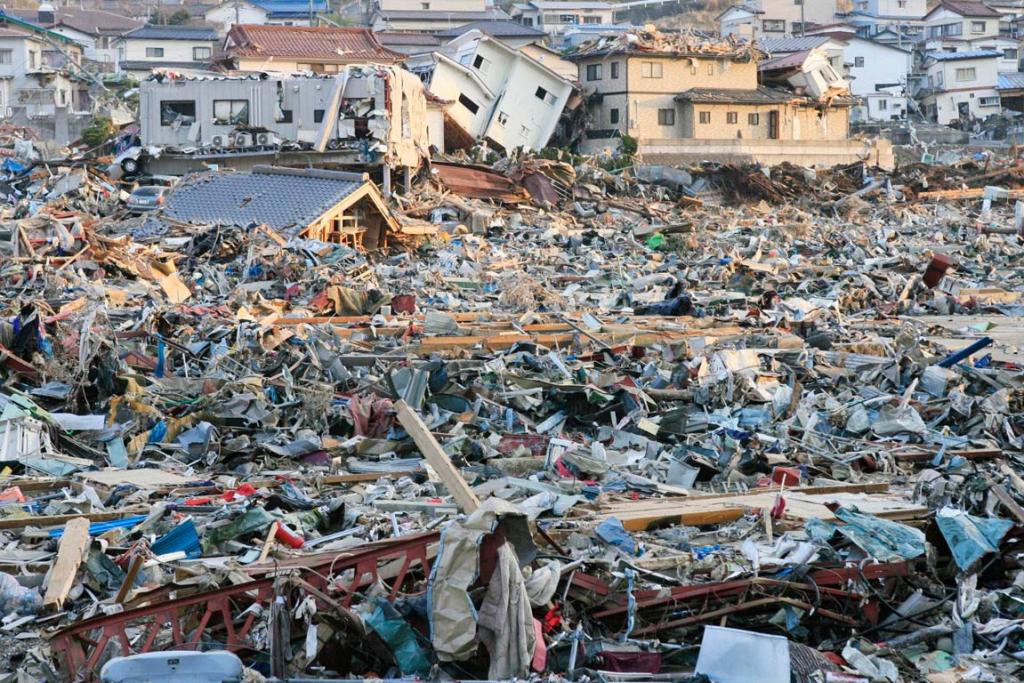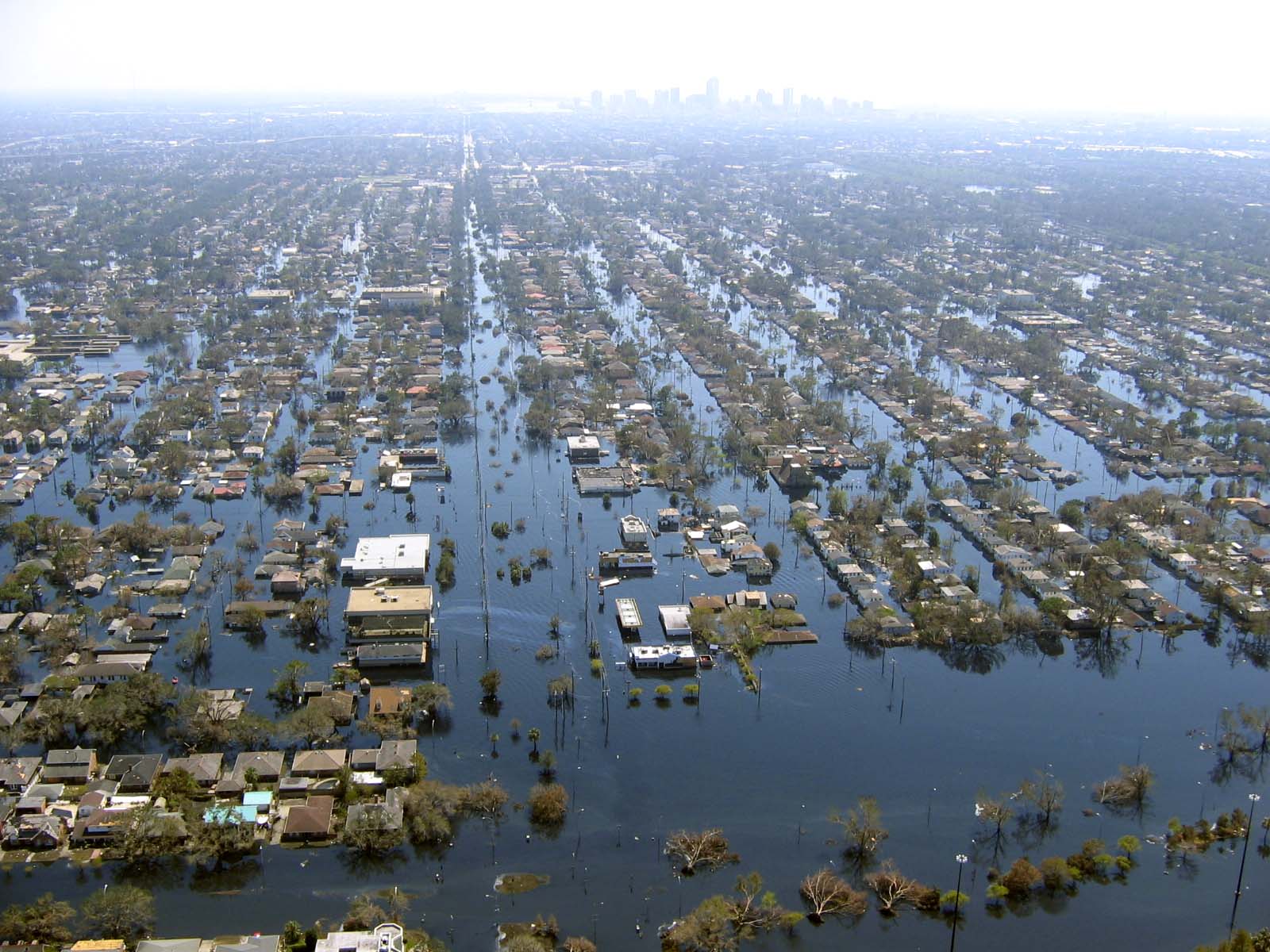General Discussion
Related: Editorials & Other Articles, Issue Forums, Alliance Forums, Region ForumsPeople own what they create, but things found in nature belong equally to all
Yes or no? If so, how should that be reflected in economic policy?
randome
(34,845 posts)This week I'm heading up north to forage for mushrooms and to hunt Shakespeare plays...
Bandit
(21,475 posts)Where in nature is the best place to look do you think?
AngryAmish
(25,704 posts)It expanded, rapidly. From that all matter was made. All things are natural. By your definition nothing could be owned.
It's not my definition, it's Henry George's, and he has isolated human effort as a category distinct from land and natural resources. You don't have to agree with him, but his meaning is pretty clear.
AngryAmish
(25,704 posts)2. If you are using a term with a specific meaning, a term of art if you will, it helps others to know what term of art you are using.
3. All "natural" things require human effort to get it to a usable form. Helium floats around the atmosphere. It has a certain nobility that way. We can't fill up our balloons without devices to separate the helium from everything else in the air. We extract the helium but I sure as hell would not go through the bother of extracting the He without get paid for it.
PETRUS
(3,678 posts)So I looked him up. I've read a lot of economics, so I probably heard of him before, but if so I don't remember specifics.
2. I was being lazy...
3. Quite so, and George is with you on that one. See reply #15 if you care to.
raccoon
(31,125 posts)PETRUS
(3,678 posts)But according to the formulation, the "value added" by the work someone does to get the oil or gold out of the ground belongs to them. If one agrees with this, the question is how to assign values to the resource itself vs. the work and how to distribute the proceeds, which to me seems a difficult problem.
uppityperson
(115,681 posts)I agree partially. I used to not understand how people could "own" land. I mean, what made this possible? I own my property, bought it from someone who used to own it. Going back 150 yrs it was "owned" by...no one in particular. So who decided they were the first ones to own it and sell it?
Natural resources like oil, gas, water, air, trees, plants, animals, rocks, etc etc etc "belong" to whomever has paid someone else money for them. That "someone else" someone with hutzpa to pull off the "they are mine" thing.
Back to your point though. Or more directly. Laws are needed to protect things as there are assholes who will take more than they need, not treat things with respect. And then it gets complicated.
In economic policy? I am not sure how you mean. Clarify?
PETRUS
(3,678 posts)...is (was) Henry George. His idea involved redistribution via taxing land values. So that would be an example of addressing the concept via policy.
yellerpup
(12,254 posts)should own the all oil and gas, for one.
We cannot allow WATER to be privatized.
Spoonman
(1,761 posts)The "people" own all the oil and gas contained in formations lying underneath public land and waters such as most of Wyoming, North Dakota and the Gulf of Mexico.
I own 25% of the oil and gas and 100% of the water underneath MY property, and it should not belong to the people.
This concept of ownership was one of the founding principles upon which this country was founded, and the 14th amendment pretty much ensures it.
Please refer to the 14th amendment for further clarification.
PETRUS
(3,678 posts)Or a certain version of them, anyway. That's beside the point. This is a philosophical question, and laws can be changed.
(American revolutionary Thomas Paine believed strongly that land and natural resources were common property, and argued for a redistributive tax policy to account for the fact that most of us are deprived of our birthright.)
Spoonman
(1,761 posts)Your are correct, laws can be changed.
An attempt to change the law would result in civil war, can you guess which side I would be on?
Hint - Get the fuck of my land that I paid for!
I get you, I like to be able to go home at the end of the day and retire unmolested too. But I think George and Paine and others have a very good point about the ethics/morality involved. Which is why I ask (for those in agreement, which at this point I gather you are not) how do you address this? The point is to avoid civil war and for me to be able to keep my house. The 10% of the population that owns 70% of national wealth would object mightily, but there are probably ways to address the issue short of abolishing all property rights - both Paine and George had their proposals.
Spoonman
(1,761 posts)How is it "ethical" or "moral" in any way, shape, or form to cause anyone to suffer any form of lose based solely on what or the amount they posses? (excluding those gains obtained criminally)
PETRUS
(3,678 posts)The question at hand is whether or not there is ample justification for the way land and natural resources are divided up today. You are coming from the point of view that there is, but you haven't explained why you think so. It's obvious you don't like the proposition that "things found in nature belong equally to all" but asserting your position or pointing to current law doesn't amount to an argument.
If you create something and sell it, then you can buy other things (including land). Things "found in nature" on that land do not belong to all.
There are plenty of things "found in nature" that do "belong to all" through the government.
Spoonman
(1,761 posts)regardless of where said wildlife happens to be standing.
So you create something and sell it and buy some land. Who did you buy it from and why do they own it? The current distribution of property (and even the legal regime of property rights) owes much to past violence and other forms of coercion. Property rights are convenient, but even if they are a good way to manage things that doesn't mean that the concept is morally sound or even reflects anything like objective truth.
Spoonman
(1,761 posts)Because the current distribution of property was created by violence and other forms of coercion in the past, current landowners should somehow "suffer" to make it right.
I get it now!
Since my paternal grandmother was 100% Cherokee Indian, and I have a CDIB card, I'll just exempt myself from all of that BS.
PETRUS
(3,678 posts)No, I don't think you get it. People ARE suffering already. Many of them are born into it, impoverished by chance. Meanwhile, others are born into wealth and an abundance of opportunity that is unimaginable to most. Shrugging that off is morally troubling. Further, I don't agree with your calculus at all - if a sliver of the Koch's wealth is reapportioned to improve the condition and prospects of several others, then total suffering has been reduced. Unless you contend that the pain of being a experiencing one's (possibly illegitimate - remember, that's the issue and one you haven't adequately explained) fortune decline from, say, $40 billion to $20 billion is greater than the aggregate suffering of a few million people going without food and shelter.
Taverner
(55,476 posts)
arikara
(5,562 posts)There are thousands of other species that live in Nature, not just "man". I totally disagree with the concept that Nature is there to be exploited by "man". For example, there is no reason to clear cut a forest and totally destroy the ecosystem when it has been proven time again that profitable logging can be done gently and selectively and actually leave the forest in better shape than it was. Yet the logging corporations are unwilling to consider any other method and of course the governments are owned by every corp that waves a fist full of dollars at them. So every other being in the forest is screwn.
I guess until we have truly honest government that is willing to consider what is best for Nature and the people first, before the corporations profit then we are screwn too. The only way I can see to get out of this mess is to do away with capitalism and the destructive belief that profit is the only important thing. Love, compassion and respect for every living thing would help. Maybe if kids are brought up to respect and value Mother Earth & Nature, even to notice Nature instead of sitting around playing violent video games and texting inane comments back and forth to each other it would help. I dunno, its beyond what I solve. All I can do is the best I can. I leave Nature alone as much as possible around my home. I've even left a box of garden trash sitting on my front porch for weeks because a sweet little green frog is living in it and I don't want to disturb its home. I can live with a little unsightliness until it moves on.
PETRUS
(3,678 posts)And I had a similar thought. It is an anthropocentric take on things, but I decided to put that aside for the sake of launching the discussion.
One could still keep the "it's all about humans" point of view and still come to similar conclusions, though. The existence of forests, their flora and fauna, and that sweet little green frog are obviously worth something to you, whether or not it's appropriate to describe it monetarily.
Tierra_y_Libertad
(50,414 posts)

PETRUS
(3,678 posts)Thanks for your contribution. You have a point.
HiPointDem
(20,729 posts)PETRUS
(3,678 posts)What do you think is the moral truth, does it conflict with experience, and if so is there a way to bring theory and reality closer together.
MrDiaz
(731 posts)but sombody needs to buy a water well, drill down in the earth, and remove the water and have it cleaned in order to use it. This process takes time and money and labor... which is why you pay a water bill.
PETRUS
(3,678 posts)That's part of what makes it a tricky issue. I won't belabor the point because it's already been discussed on the thread.
Egalitarian Thug
(12,448 posts)of the population gets past their plunder mindset.
When you think that every piece of property on earth is owned because somebody killed somebody else and simply proclaimed ownership. It becomes clear that we have created civilization and a society to rid ourselves of the chaos of this "law of the jungle", yet we allowed it to be replaced by the same law with an overlay of different criteria for the resulting theft. IOW, all we changed was who is permitted to plunder.
Fire Walk With Me
(38,893 posts)I believe the American First Nations may have...
PETRUS
(3,678 posts)According to JK Galbraith, who is a pretty good authority on economic history, property rights as we understand them didn't exist at all prior to the Roman empire. In the UK prior to capitalism and "enclosures" (which pushed people into the wage system) commoners had farming/grazing/foraging rights on what amounted to public land. In the 20th century, you have places like Norway where a wealth tax was implemented and certain resources and industry were nationalized exactly because concepts like this had traction. I guess it depends on your interpretation.
And hey! Hope you're doing well.
Fire Walk With Me
(38,893 posts)I believe a French philosopher said a few hundred years ago that the first person who fenced off a piece of land and declared "this is mine" should have been run out of town.
I hope you're well too! ![]()